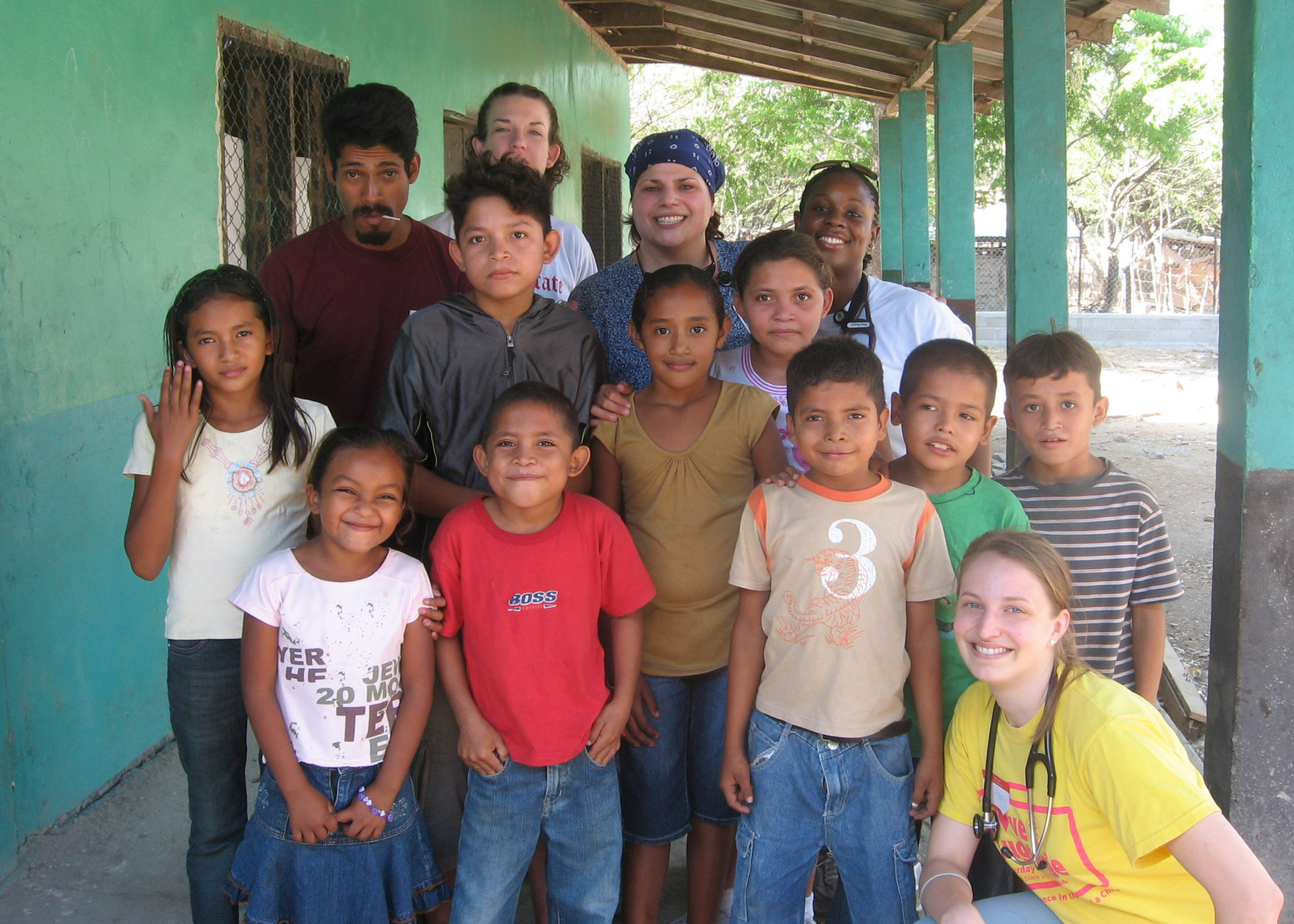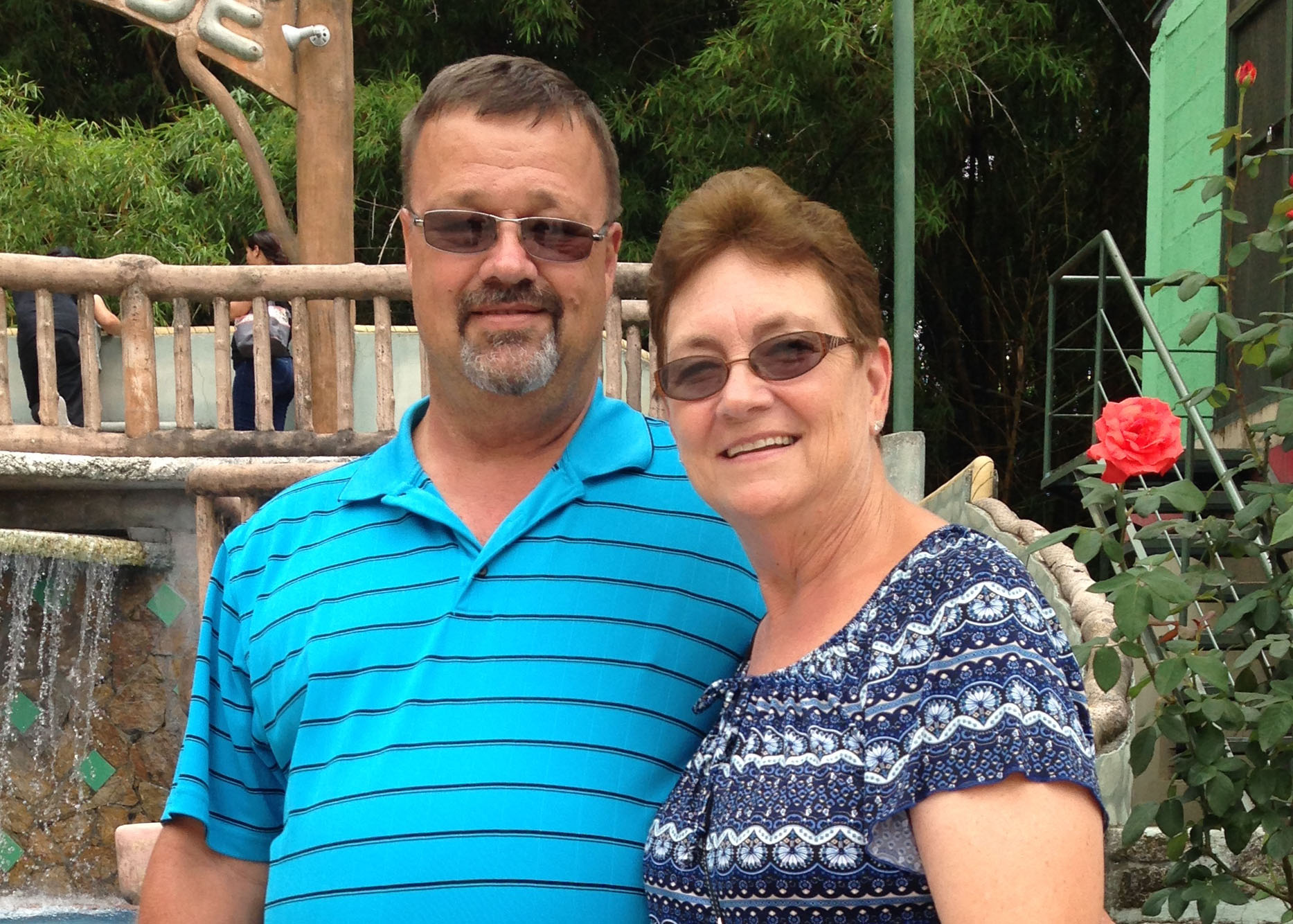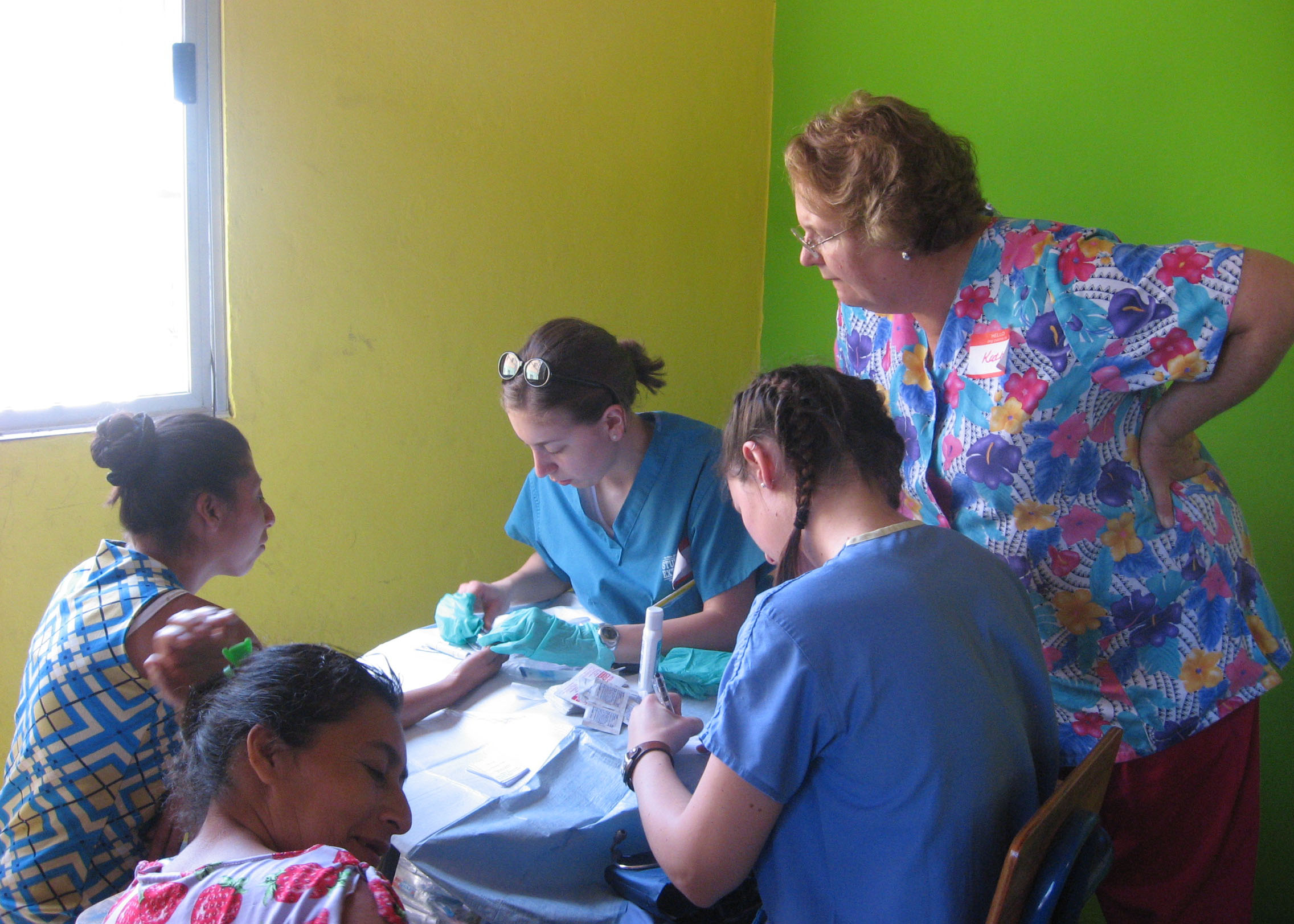
Big Dreams are Changing Healthcare in Honduras
by Melissa L. Weber
In December 2019, the first class of 14 students graduated from the only technical high school nursing program in Honduras. The Instituto Educativo de Transformación Integral program was founded by Ohio State College of Nursing alumna Angie Overholt, her husband Larry Overholt, PhD, and former faculty members Kathy Stone, PhD, RN, and Lissa Barker, PhD, CNP, FAANP, FACHE, FNAP, FAAN.
“At commencement, the assistant secretary of education told the students they were changing the face of healthcare in their country,” said Barker, who attended the ceremony. “Seeing these young people well-educated and ready to change the healthcare of the people of Honduras is about the best thing that can happen after all those years of mission work.”
The mission work began after Hurricane Mitch devastated Honduras in October 1998. As a senior nursing student, Angie Overholt wanted to do something to help. Before completing her BSN, she and her husband had served as missionaries in Catacamas, Honduras, for the World Gospel Mission. Overholt planned an ambitious community health project: assessing the healthcare needs of Choluteca, Honduras. There was just one hitch: she needed a faculty member to accompany her.
“She knocked on my door and asked for help,” said Stone. “Going to a rural third-world nation was not anything I had planned. I’m a critical care specialist. Community work made me feel a bit like a duck out of water, but I fell in love with the people and the country. Honduras has beautiful natural resources and people that few know about.”
When they returned to Ohio State from that trip, “The community practice faculty were blown away by what Angie reported,” said Stone. “She visited hospitals, healthcare clinics, private practitioners, and had spoken with representatives from USAID. She identified three areas that stood out for great need for the community: hypertension, diabetes and asthma.”



After graduation, the Overholts returned to Honduras. They have now lived there for nearly 40 years and raised their children there. Larry, who has a PhD in agriculture, provided agricultural education while Angie continued to deliver healthcare. She and Stone developed a spring break trip for students to gain clinical experience, and Barker also helped support the program. Over the past 20 years, more than 600 Ohio State students have participated.
“Angie would organize visits to different villages every time we went,” said Stone. “In addition to seniors and graduate students in nursing, we’ve taken engineering majors, along with pharmacy, medicine, dietetics, speech and hearing therapy, public health and physical therapy students. The program became the model in International Studies of how to get a team involved.
“Also, the feedback from the Hondurans has always been positive. They reported excellent care, and most important, they always felt that The Ohio State University respected them.”
The dream of running a nursing school began about 10 years ago, when conversations with the Overholts and faculty involved in the program turned to making a bigger impact for the people of Honduras. “The most important ways to improve people’s lives are through healthcare and education,” said Angie. The idea of improving nursing education for Hondurans began to take shape.
“We went to Dean Melnyk and said, ‘We have a big dream: We want to start a nursing school in Choluteca,’” said Stone. “She responded, ‘Well, we’d better get started!’”
They interviewed Ohio State faculty and staff across campus who had undertaken similar projects in other countries and consulted with people in Honduras, from the mayor of Choluteca and other government officials to healthcare providers and education administrators.
With Larry Overholt’s decades of experience running high school technical education programs, they realized that a technical nursing program would benefit students and patient outcomes. Honduras currently has only about 2,700 nurses with university educations and another 5,400 nurses’ aides, who typically have a sixth-grade education and nine months of training. Graduates of the new technical high school nursing education program would have four years of education, including pharmacology, organic chemistry and understanding surgery; a long list of competencies and clinicals in their senior year. They would also be well-prepared with the prerequisites to go on for bachelor’s degrees.
The biggest challenge was also a great advantage: No program like this had ever been created before. The Ministry of Education embraced the concept and assisted with developing the science curriculum. Rosa Margarita Rodriguez from the Ministry of Education is now the nursing coordinator in the school.
Student achievement has exceeded their expectations. For the recent graduates and other students in the program, attaining a high school diploma and entering the medical field is a dream come true.
In this issue
- Message from the Dean
- The Coronavirus Pandemic Hits Home
- Big Dreams are Changing Healthcare in Honduras
- Scholarship recipient proud to pay forward
- Debbie Freece: A lifetime of friendship and support
- Buckeye Nurse-Midwives
- Heartbeat: Nursing students who march
- O-Heart-I-O
- Precepting Nurse-Midwives
- Celebrating Our New Books
- PhD Phenomenon
- Touching Many Lives: Katherine "Kitty" Kisker
- Raderstorf speaks at TEDxColumbus: SPARK
- Build your resilience for optimal well-being
